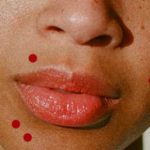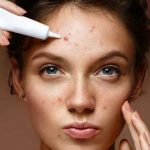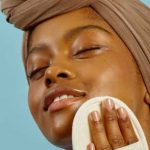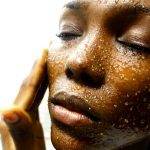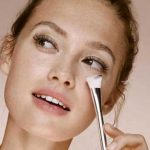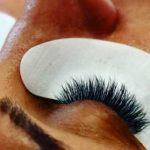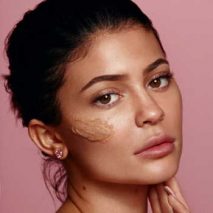
Face scrubbing is a perfect way to keep the newest, radiant skin glowing. There are many pros of using a face scrub in your weekly routine. Exfoliating helps reduce acne, reducing wrinkles, absorbing moisturizers and improving blood flow in your facial tissue. All facial scrubs contain an exfoliator that removes the outermost layer of the epidermis gently when used correctly and reveals the younger, safer skin cells. It also makes humidifiers and other acne remedies more successful because the new epidermis is more penetrable.
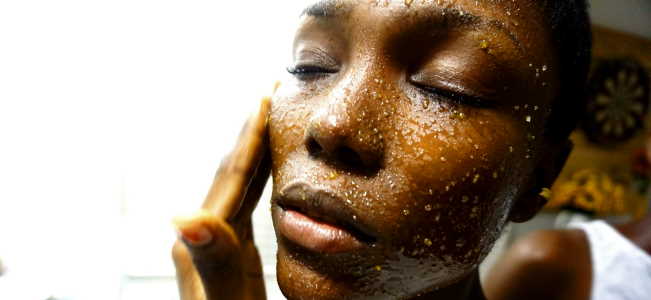
How can I use the scrub of my face?
The duration of application of your facial scrub depends on your skin type, sensitivity and PH. Most dermatologists do not prescribe the use of facial scrub every day; typically 1 to 3 times a week. Otherwise, overuse will lead to overly dry skin, when your skin is exhausted of essential oils, and when exfoliated, microscopic cuttings make your skin more vulnerable to infections. You would also like to ensure that your scrub is not a body scrub and is made exclusively for facial use. Body scrubs tend to have slightly tougher exfoliators which can damage and damage more sensitive facial tissue.
Put a quarter in size on the fingertips and apply them to your face and then rub your forehead, cheeks and chin in circular motion, as these areas appear to accumulate more dead skin cells than other areas. Make sure your lips and eyelids are very alert. Rinse with water.

Salicylic acid is a common active ingredient in many facial scrubs (approx. 2 percent in scrubs and washes) in addition to its use in pain relievers. Salicylic acid is productive in the treatment of acne, psoriasis, corn, warts, and uses, allowing the epidermis cells to shed quicker, thus opening obstructed pores and bacteria to neutralize.
Aluminum oxide, polyethylene beads and various other acids are inorganic exfoliators typically used in facial scrubbing. Aluminum oxide is most commonly used in Microdermabrasion kits and used to blast the upper most layer of the epidermis as a fine stream in small crystal form. While used in closed system microdermabrasion procedures, the dermatological community has concerns with adverse chemical reactions such as respiratory problems if corneas or eardrums are inhaled and scratched if not adequately contained. If you consider taking the microdermabrasion route, further research might be a good idea.




